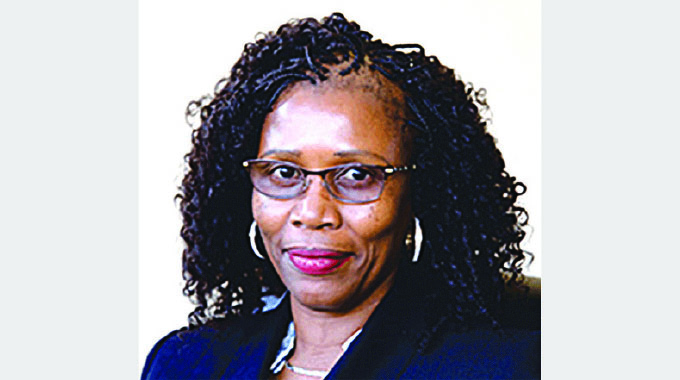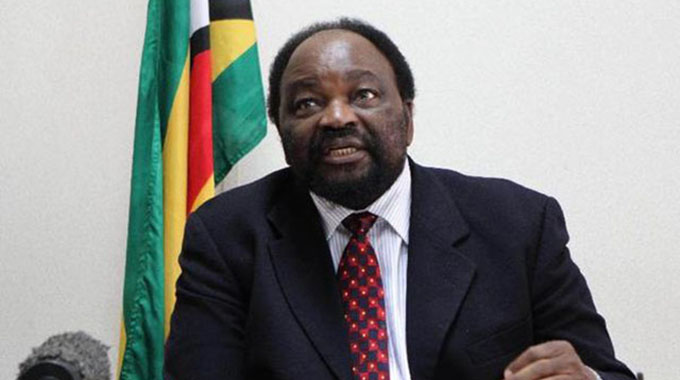Local money driving energy sector growth

Rumbidzayi Zinyuke-Senior Reporter
Local investments in renewable energy are driving generation growth despite the problems of mobilising long-term finance for new power stations as a result of the financial sanctions on Zimbabwe.
Speaking on the sidelines of the inaugural SADC anti-sanctions summit held in Harare this week, Energy and Power Development Permanent Secretary Engineer Gloria Magombo said the energy sector, which had not been spared by the sanctions, required huge capital injections and new investments.
“We have not had significant investments in the sector for years hence we had challenges with supply.
“The fact that the country has suffered with issues to do with foreign currency meant that investments in the sector were delayed and hence we are encountering the current challenges.
“However, we also recognise that there is also a need for our local people to also invest in the sector and through the renewable policy which was initiated in 2019 by President Mnangagwa, we came up with a raft of measures to bring in incentives for the private sector to participate,” she said.
As a result, she said most solar power stations established to date had been built using local investments.
Through the renewable energy policy, such projects were given prescribed assets status to give investors such as insurance companies and pension funds the legal rights they needed to invest funds in renewable energy.
“That’s one typical example when local funds have been used, but we also believe that this is a seed which will allow even the private sector to see that others within the country have invested, as a strategy they can also come in,” she added.
She said the power utility, Zesa had over the years instituted some strategies to circumvent challenges brought on by the failure to access foreign investment through regional loan facilities to restore Hwange power station.
Government also opened the sector up to bring in private sector participation with the view to complement its efforts in reviving the sector.
Through financing from the Chinese Exim Bank, the Government has secured funding for Hwange 7 and 8 which is expected to feed into the national grid in November this year and round about March next year.
“So we continue to call for the end of sanctions as a sector because it did affect us significantly and the fact that we now have to need much more money to do a whole life extension programme on Hwange is because it suffered for years without having access to funding for them to do the major jobs on time.
“As a sector, infrastructure is very sensitive to the cost of finance so when Zimbabwe is perceived as a high risk country, it then makes it expensive, our infrastructure becomes much expensive because of the cost and it makes our cost of production much higher than others which is really a disadvantage,” said Eng Magombo.
She added that local production of some components used in the sector could address the need for foreign currency and reduce the import bill for the power utility.
“ZESA is manufacturing some of the transformers locally so that we try and use local products. We do import some of the parts but if we use local products we will also improve and reduce the dependence on imported inputs,” she said.








Comments